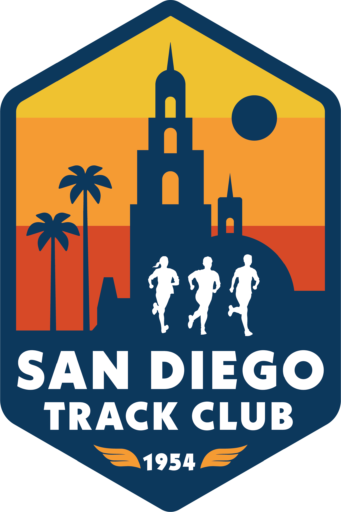-Begin to change the way you think of food. Instead of thinking of food as something to fill you up, think of food as fuel. Certain foods will provide more energy and will help rebuild your muscles better than others.- protein is for repairing and building muscles, NOT for energy
-FOOD FIRST. Supplements are supplemental, they do not replace food.
-Prepare meals ahead of time so you can keep healthy options with you all day to avoid unhealthy choices.
-Try to keep your macronutrients within these ranges: carbs (breads, veggies, fruits- look on nutrition labels) in between 45-65%, protein between 10-35% depending on how much lifting you are doing (if your body doesn’t use the protein to rebuild the muscles it will turn into fat), fats 20-35% (try to stick to healthy fats- avocado, olive oil, coconut oil, etc)- remember fat has over twice the amount of calories per gram as carbs and protein does.
-As an athlete, I suggest aiming for 25-35% of calories coming from lean protein depending on how much you are working that day. This means about 45-55% of your calories coming from carbs and 20-30% fat. Longer distance runners need less protein than sprinters, since their energy systems are different.
-Stay away from junk food, refined pasta, white bread, as these do not hold much nutritional value.
-An easy way to ADD calories to your diet is to put them in a shake if you are looking to gain weight or muscle mass. Peanut butter, almond butter, and nuts are calorically dense as well if you haven’t hit your goal for the day.
-Try to vary your fruits and veggies in order to get the maximum amount of micronutrients (vitamins and minerals) in your diet.
-Aim for 3 fruits and 3 veggies every day in your diet, fruit is a great snack IF you don’t have time to eat a meal 1-2 hours before a workout.
-HYDRATE as much as possible. Don’t wait until you are thirsty to drink water.
-Prior to exercise, drink 12oz of water. Try to consume water every 10-20 minutes during exercise and at least 12 oz immediately after to replenish what was lost in sweat or conduction and convection.
-Rule of thumb- you should drink half of your weight in ounces per day (not including workouts)
Mollie Martin, CSCS
ACE-Certified Personal Trainer, Certified Health Coach, Certified Group Fitness Instructor

